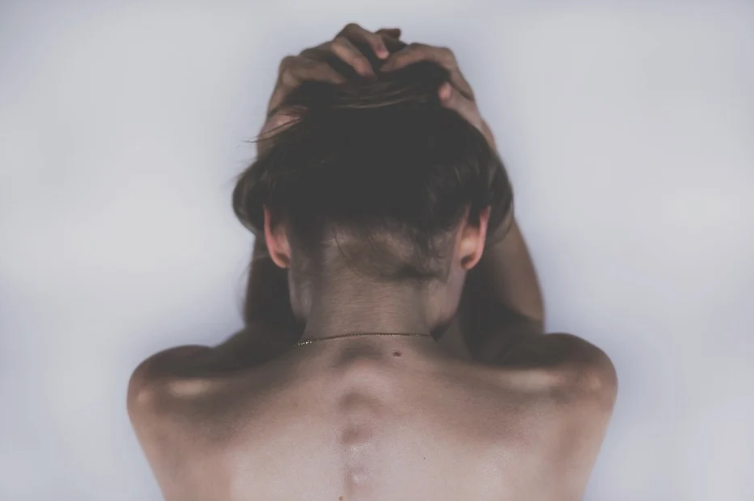How Will We Deal With Treatment Resistant Depression
Depression affects everybody in different ways, which is why there is a large range of different treatments available. Some people find that medication works for them, while others feel that it only makes their situations worse. They might find that mindfulness techniques and positive lifestyle changes, like increasing the amount of exercise that they do, is more effective than medication. However, some people develop what is known as treatment-resistant depression, which means that none of the standard treatments seem to have any effect.
Researchers are investigating alternative treatments to help people with treatment-resistant depression and the results are very promising. These are some of the experimental depression treatments that are likely to become commonplace over the next few years.
Psychedelic Substances
Psychedelic drugs like LSD or psilocybin have been used for recreational purposes for a long time and they are illegal in most countries. However, there is a lot of evidence to suggest that they could also be very effective for treating mental health issues, especially depression. You can find more information about new research in this area on the Psychedelic Spotlight website. Although research is limited at the moment due to the illegal nature of these substances, it is believed that they may help people to open up and improve the effectiveness of talking therapies, especially in people that have suffered trauma in the past.
Ketamine
Ketamine is another recreational drug that is being investigated as a possible depression treatment and, in some places, it is already being administered to patients with good results. When you are depressed, there is a physical difference in your brain. It is thought that small doses of Ketamine can help to alter your brain chemistry and improve your mood over long periods. The amounts used are not high enough to trigger any psychoactive effects but patients report feeling a lot more positive for days or even weeks after a treatment.
Transcranial Magnetic Stimulation
Transcranial Magnetic Stimulation (TMS) is a relatively new treatment that involves sending bursts of energy to certain areas of the brain using electromagnets. It is believed that this works for treating depression because it affects the nerve cell communication in the brain, which plays a big part in depression. Although this treatment might sound scary, it is actually a very simple procedure that can be carried out in a doctor’s office. A small paddle will be placed against the scalp and the electromagnetic energy will penetrate your brain, without causing any pain whatsoever. This has already been approved as a safe treatment for depression and it could be the key to dealing with treatment-resistant depression in a lot of patients. Apart from dizziness and nausea in very rare cases, there doesn’t seem to be any side effects from TMS, making it the perfect treatment option.
Although these treatments are all relatively new and there needs to be more research carried out before they become widespread, they all appear to be very promising. Unless any significant side effects are discovered, it is likely that they will become more common in the future.
Deal With Treatment Resistant Depression and Healthy Tips for Anxiety
